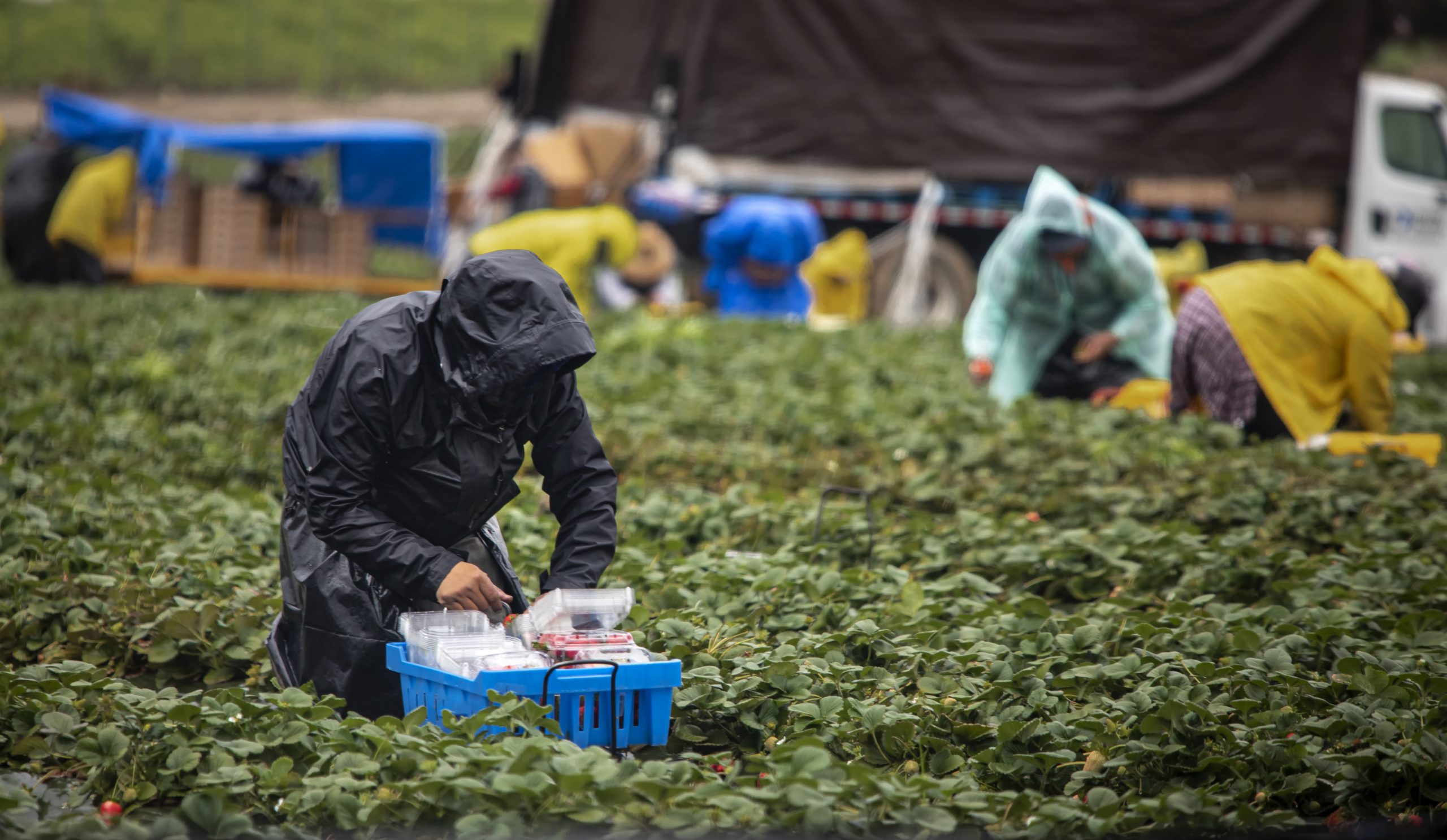Trabajadores subcontratados
Read in English/Leer en inglés Muchos trabajadores agrícolas son contratados para trabajar en las granjas a través de intermediarios, a menudo llamados “contratistas de mano de obra agrícola” o “jefes de cuadrilla”. Algunos de estos contratistas de mano de obra son bastante grandes y tienen subcontratistas. En algunos casos, las funciones de los contratistas de … Read more Trabajadores subcontratados





